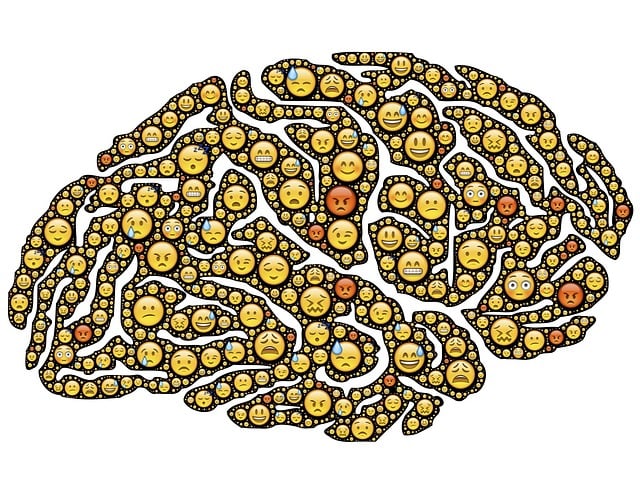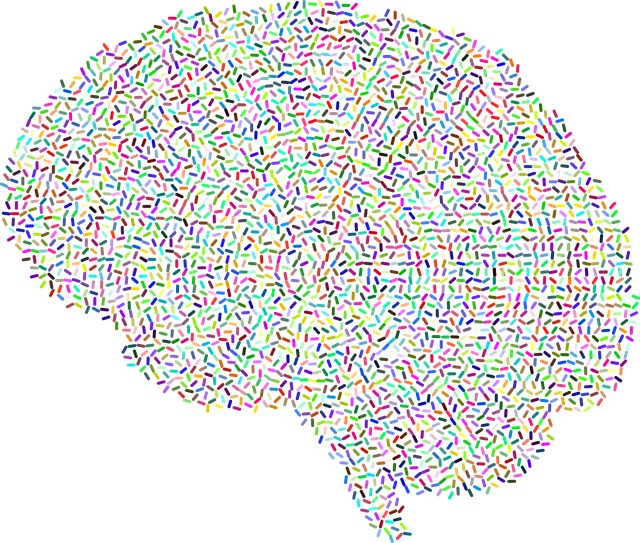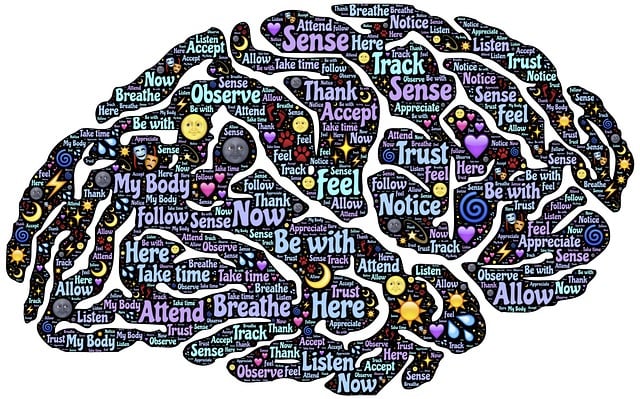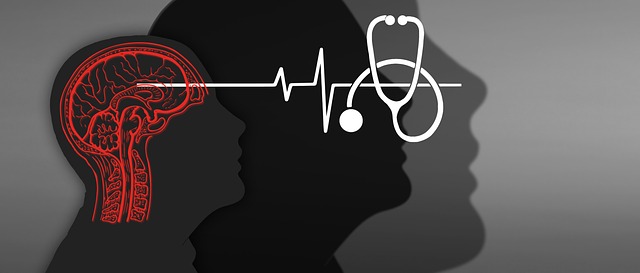Emotion regulation techniques, such as Cognitive Behavioral Therapy (CBT), mindfulness-based practices, and self-care routines, are pivotal in helping adults navigate the emotional challenges of divorce. These strategies, coupled with therapy, workshops, and cultural sensitivity, enhance resilience, promote positive thinking, and improve mental health during this transition period. Integrating these tools into daily life can facilitate smoother healing and personal growth post-divorce.
Emotion regulation techniques are crucial tools for adults navigating divorce recovery. This comprehensive guide explores effective strategies, including Cognitive Behavioral Therapy (CBT) and mindfulness-based practices, designed to help individuals manage intense emotions post-divorce. By understanding the impact of emotional regulation on healing, we can build resilience and adapt to life’s changes. Through practical tips and evidence-based therapies like CBT, adults can integrate emotion regulation skills into their daily lives, fostering a sense of calm and control during this transformative period.
- Understanding Emotion Regulation and its Impact on Divorce Recovery for Adults
- The Role of Cognitive Behavioral Therapy (CBT) in Teaching Emotion Regulation Skills
- Mindfulness-Based Techniques to Help Adult Divorces Manage Strong Emotions
- Building Resiliency: Emotion Regulation Strategies for Coping with Loss and Change
- Practical Tips for Integrating Emotion Regulation Techniques into Daily Life After Divorce
Understanding Emotion Regulation and its Impact on Divorce Recovery for Adults

Emotion regulation techniques play a pivotal role in aiding adults navigating divorce recovery. Divorce is a complex process that often brings about a myriad of intense emotions, from grief and anger to fear and uncertainty. Effective emotion regulation isn’t just about suppressing feelings; it’s about understanding and managing them healthily. Through therapy for adults divorce, individuals learn to recognize their emotional triggers and develop coping mechanisms tailored to their unique experiences.
This process is transformative, enabling divorced adults to cultivate resilience and foster positive thinking. By integrating self-care routine development for better mental health into their lives, they can navigate the challenges of divorce with enhanced well-being. Stress management workshops organized by support groups or therapy centers further equip individuals with practical tools to manage stress and emotional distress associated with the divorce process.
The Role of Cognitive Behavioral Therapy (CBT) in Teaching Emotion Regulation Skills

Cognitive Behavioral Therapy (CBT) plays a pivotal role in teaching individuals, especially those navigating the challenges of therapy for adults following divorce, effective emotion regulation techniques. This therapeutic approach focuses on identifying and modifying negative thought patterns and behaviors that contribute to emotional distress. By helping clients recognize triggers and understand the connection between thoughts, feelings, and actions, CBT empowers them to develop healthier coping strategies.
Through structured guidance and exercises tailored to individual needs, CBT offers practical tools for mental wellness journaling and mindfulness practices, which are integral components of mood management. Cultural sensitivity in mental healthcare practice is also emphasized, ensuring that the techniques are adaptable and accessible to diverse populations. This inclusive approach enhances the effectiveness of CBT in teaching emotion regulation skills, catering to a wide range of clients seeking to improve their overall mental wellness.
Mindfulness-Based Techniques to Help Adult Divorces Manage Strong Emotions

Mindfulness-based techniques have emerged as powerful tools for adults going through divorce to manage their strong emotions. These practices encourage individuals to focus on the present moment, observing their thoughts and feelings without judgment. Through mindfulness meditation, breathing exercises, and body scans, divorced adults can learn to recognize and accept their emotional responses rather than reacting impulsively. This approach is particularly beneficial as it fosters self-awareness and emotional resilience, helping individuals navigate the often turbulent emotions that arise during and after a divorce.
Incorporating cultural sensitivity in mental healthcare practice is essential when providing therapy for adults dealing with divorce. Different cultural backgrounds can influence how individuals express and cope with emotions related to separation. Public awareness campaigns focused on mental health and depression prevention can play a crucial role in equipping people with the knowledge and skills to regulate their emotions effectively. By understanding cultural nuances, therapists can tailor their approach, ensuring that mindfulness-based interventions are culturally responsive and accessible to a diverse range of clients.
Building Resiliency: Emotion Regulation Strategies for Coping with Loss and Change

Building resilience is a crucial aspect of emotion regulation, especially when navigating life’s challenges such as loss and change, which are common experiences for many adults going through divorce. Therapy for Adults provides valuable tools to enhance mental health awareness and cope with these transitions. One effective strategy is practicing mindfulness meditation, which helps individuals stay present and manage intense emotions. By focusing on the breath and observing thoughts without judgment, one can gain a sense of calm and perspective.
Incorporating stress reduction methods into daily routines further fosters resilience. This might include engaging in physical exercise, keeping a journal to process emotions, or adopting healthy coping mechanisms like deep breathing exercises. These practices enable individuals to navigate life’s twists and turns with greater adaptability, ensuring they can bounce back from difficult situations more effectively.
Practical Tips for Integrating Emotion Regulation Techniques into Daily Life After Divorce

After a divorce, integrating emotion regulation techniques into daily life can be transformative. The initial chaos and emotional turmoil often associated with separations can be managed through practical strategies that promote resilience. One effective approach is to engage in regular self-care activities such as mindfulness meditation, deep breathing exercises, or journaling—simple yet powerful tools that aid in processing and releasing built-up emotions. These practices, when incorporated into a consistent routine, can significantly enhance an individual’s ability to cope with stress and maintain emotional balance.
Additionally, seeking support from a therapist specializing in adult divorce therapy can provide valuable insights and tailored coping skills development. Many healthcare providers offer specialized services or workshops focused on stress management, which can equip individuals with the knowledge and resources needed to navigate this life transition effectively. Organizations dedicated to mental health also conduct cultural competency training for professionals, ensuring that those going through a divorce receive culturally sensitive care. Embracing these opportunities can facilitate a smoother process of emotional healing and personal growth post-divorce.
Emotion regulation techniques, as explored in this article, offer a powerful toolkit for adults navigating divorce recovery. Through evidence-based approaches like CBT and mindfulness practices, individuals can develop the skills needed to manage intense emotions, foster resilience, and enhance overall well-being. By integrating these strategies into daily life, people can find solace, navigate change with grace, and embark on a path of personal growth, ultimately revolutionizing their post-divorce journey. This holistic approach to therapy for adults divorce is a game-changer, empowering folks to thrive in the face of life’s challenges.














